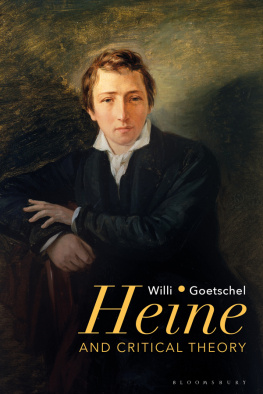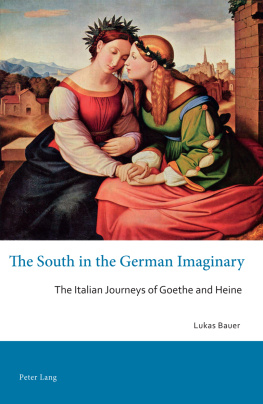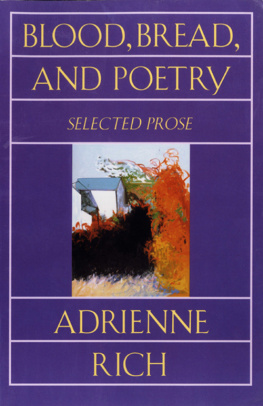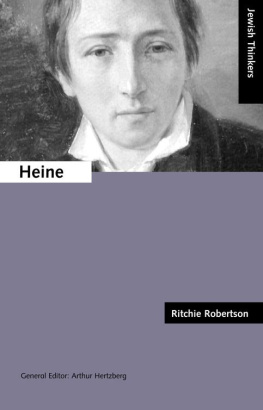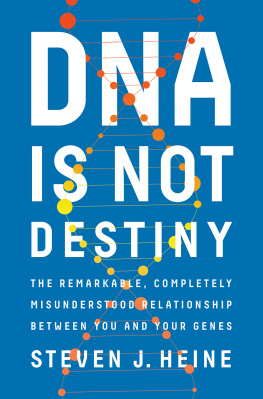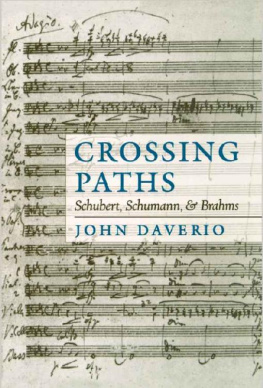
THE HARZ JOURNEY AND SELECTED PROSE
HEINHICH HEINE (17971856) was born of Jewish parents in Dsseldorf. After an unsuccessful attempt at a career in business, he entered Bonn University in 1819 to study law though literature claimed more of his time. In 1820 Heine transferred to Gttingen University, where he graduated as a doctor of law in 1825. Two of the intervening years were spent amid cultivated and intellectual society in Berlin, where his first two books were published; he also began to write cultural and political journalism. Though his collection of lyric poetry, Buch der Leieder, published in 1827, was eventually to acquire worldwide fame, Heine was at first better known for his brilliant and witty prose. His major early work was the satirical Reisebilder (1826-31), sketches based on travels in Germany, Italy and England. In 1831, disillusioned with Germany and inspired by the July Revolution in Paris, Heine moved to France. For many years he made his living chiefly by the articles he wrote for German and French newspapers, informing the Germans about current affairs in France and explaining to the French the political significance of Germanys philosophical revolution and Romantic literature. The finest of his later poetic achievements are the mock-epics Atta Troll: Ein Sommemachtstraum (Atta Troll: A Midsummer Nights Dream, 1847) and Deutschland: Ein Wintermdrchen (Germany: A Winters Tale, 1844), and the collection of lyrics and narrative poems, Romanzero (1851). In 1848 his health collapsed, and for the remaining eight years he was bedridden and in immense pain, but he sublimated his sufferings both in poetry and in such prose works as his memoirs of his childhood.
RITCHIE ROBERTSON was born in 1952 and educated at Nairn Academy and the universities of Edinburgh, Vienna and Oxford. Since 1989 he has been a university lecturer in German and Fello of St Johns College, Oxford. He has published Kafka: Judaism, Politics and Literature (1985) and an introductory study of Heine in the series Jewish Thinkers, besides being co-editor of the yearbook Austrian Studies. His previous translations include E. T. A. Hoffmanns The Golden Pot and Other Tales.
HEINHICH HEINE
The Harz Journey and Selected Prose
Translated and Edited with an Introduction and Notes by
RITCHIE ROBERTSON
PENGUIN BOOKS
PENGUIN BOOKS
Published by the Penguin Group
Penguin Books Ltd, 80 Strand, London WC2R 0RL, England
Penguin Group (USA) Inc., 375 Hudson Street, New York, New York 10014, USA
Penguin Group (Canada), 90 Eglinton Avenue East, Suite 700, Toronto, Ontario, Canada M4P 2Y3
(a division of Pearson Penguin Canada Inc.)
Penguin Ireland, 25 St Stephens Green, Dublin 2, Ireland (a division of Penguin Books Ltd)
Penguin Group (Australia), 250 Camberwell Road, Camberwell, Victoria 3124, Australia
(a division of Pearson Australia Group Pty Ltd)
Penguin Books India Pvt Ltd, 11 Community Centre, Panchsheel Park, New Delhi 110 017, India
Penguin Group (NZ), cnr Airborne and Rosedale Roads, Albany, Auckland 1310,
New Zealand (a division of Pearson New Zealand Ltd)
Penguin Books (South Africa) (Pty) Ltd, 24 Sturdee Avenue,
Rosebank, Johannesburg 2196, South Africa
Penguin Books Ltd, Registered Offices: 80 Strand, London WC2R 0RL, England
www.penguin.com
This edition first published 1993
Published in Penguin Books 2006
Copyright Ritchie Robertson, 1993
All rights reserved
The moral right of the editor has been asserted
Except in the United States of America, this book is sold subject
to the condition that it shall not, by way of trade or otherwise, be lent,
re-sold, hired out, or otherwise circulated without the publishers
prior consent in any form of binding or cover other than that in
which it is published and without a similar condition including this
condition being imposed on the subsequent purchaser
CONTENTS

INTRODUCTION

DURING his own lifetime Heinrich Heine was at least as well known for his prose as for his poetry. The subsequent fame of his verse is due in part to the many composers who set poems, especially those in the Book of Songs, to music. Hence his early, lyrical verse became known at the expense of his later, predominantly satirical verse, and his verse has in turn overshadowed his prose. Yet Heines prose is as rich in humour, satire, wit, lyricism, and anger as his best verse. It juxtaposes these modes with an agility that forces the reader to remain constantly alert. And, especially in the Travel Pictures from the 1820s, this range of tones is combined with narrative, fictional characterization, and elaborate techniques of self-presentation to achieve a complexity of which verse is seldom capable. I have chosen a selection of prose works both for their brilliance and the interest of their subject-matter: three self-contained works from the Travel Pictures series, a short essay on Differing Conceptions of History, the long political interpretation of German religion and philosophy which Heine wrote for French readers in the 1830s, and finally the Memoirs in which, near the end of his life, he recalled (and mythicized) his childhood.
Heine was born on 13 December 1797 in Dsseldorf, a town of some 16,000 inhabitants, the capital of the Duchy of Jlich-Berg on the Lower Rhine. During his boyhood, as he recounts in the autobiographical section of Ideas: The Book of Le Grand, it kept changing hands. Its absentee ruler, Maximilian Joseph, the Elector Palatine and King of Bavaria, informed his Dsseldorf subjects on 21 March 1806 that he was abdicating; the Duchy was ceded to Napoleon and made into a French state. The new Grand Duke, Joachim Murat, Napoleons brother-in-law, entered Dsseldorf on 24 March. Napoleon himself visited Dsseldorf in November 1811, though Heine, in describing the occasion, evokes a springlike atmosphere. In 1815, after the fall of Napoleon, the Duchy was assigned to Prussia, and Heine became a Prussian citizen.
Not a great deal is known about Heines parents and early childhood beyond the information given in the Memoirs. He was the eldest child, and had two brothers and a sister. Their father, Samson Heine (17641828), was a dealer in textiles. Their mother, Betty Heine (17711859), came from a distinguished family of court Jews, the van Gelderns: Heine occasionally and unjustifiably writes this as V. Geldern, as though the V. stood for the aristocratic on. One of his maternal ancestors, his great-uncle Simon van Geldern (1720-88), was an exotic character who travelled through Palestine and North Africa (though he was never a robber chief, as Heine imagines), toured the courts of Europe, met Voltaire and Casanova, and finally helped the Abbe Grgoire to argue for the emancipation of the French Jews.
Among the Dsseldorf people Heine mentions, mad Alouisius and drunken Gumpertz are independently recorded. A possible original has been traced for Red Sefchen, the early girlfriend described in his Memoirs, but it is likely that to a large extent she and her spell-working aunt the Gcherin are circumstantial fictions, testifying to Heines intense interest in folk-tales and his desire to align himself with social outcasts.
Although Heines family were Jewish, they seem to have felt no strong commitment to Judaism. In early childhood Heine was taught some Hebrew, but little remained with him beyond some verb conjugations. Thereafter he attended Catholic schools in a former Franciscan monastery. He recalled the headmaster, gidius Jakob Schallmeyer, with respect, and the French teacher, the Abb Daulnoy, with irritation.


